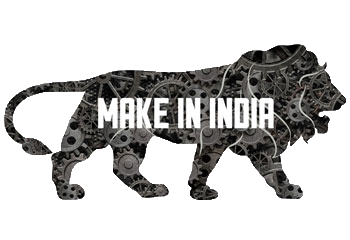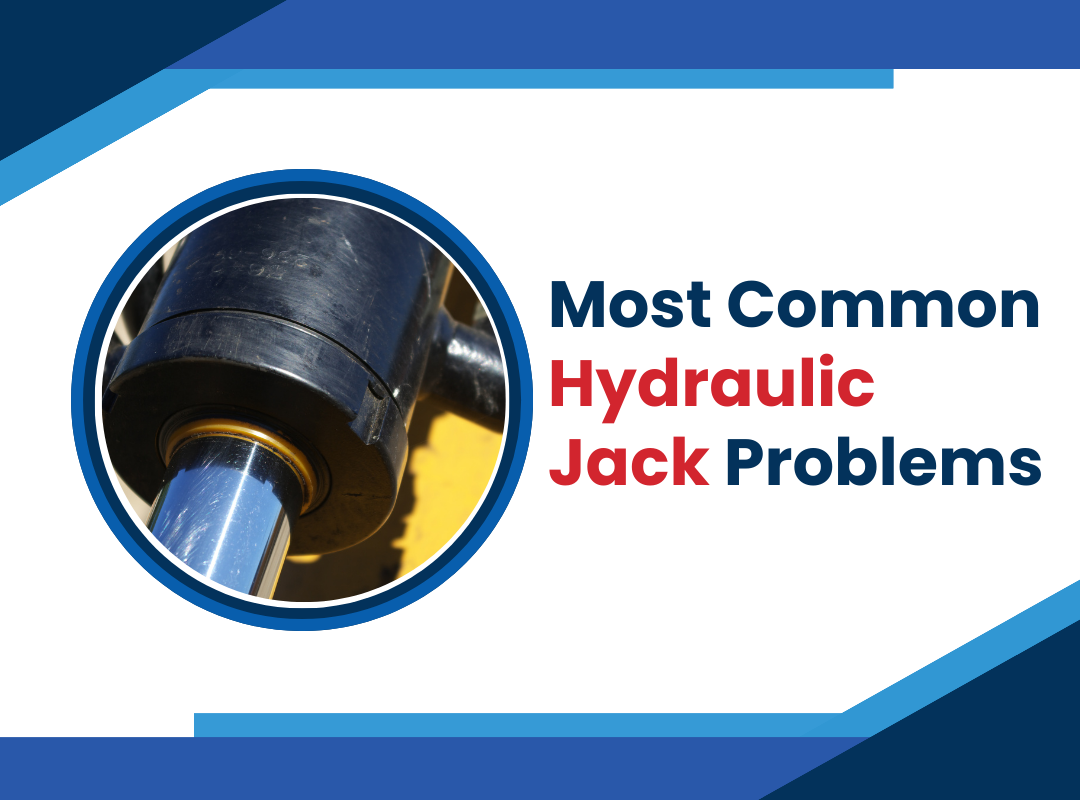Hydraulic Jacks are used to make the movements of large or heavy items pretty simple. It reduces the hydraulic system worker’s effort by allowing a person to effortlessly lift and maneuver the heavy loads.
If you want to do some maintenance on the heavy loads, you can simply suspend heavy loads in mid-air with the help of these jacks. Though these jacks are built to be tough and last long, they can get damaged due to various reasons like environmental issues, improper maintenance, and other factors that compromise their ability to perform.
So we have come up with the most common hydraulic jack problems and have discussed its fixes. Check it out to avoid these problems from popping up.
Oil Leakage in Hydraulic Jack
Damaged rings or seals and incorrect fitting selection are some reasons for Oil leakage.
Oil leakage occurs in both internal and external parts of the hydraulic jacks. Other reasons include damage of metal parts caused due to corrosion can also result in hydraulic jack leakage. While the internal leakages are difficult to detect, a visual inspection can easily identify the external leakage.
Fix: Either replace the damaged seals or rings with new parts or upgrade the fittings to solve this oil leakage problem.
Overload Valve Turned on Accidentally
The overload valve is a check valve that helps in protecting the hydraulic jack from overloading. When you add more load to the jack for lifting or moving more than the specified hydraulic jack capacity, the overload valve will automatically detect the overweight and stop the jack from lifting. If this overload valve gets turned in the wrong direction accidentally, it will change the tension of the spring and severely affect jack functionality.
You may avoid this problem with High-Pressure Hydraulic Jacks by properly manipulating the overload valve..
Unnecessary Rolling Jack Wheel Movement
The rolling of the jack wheel is important for moving the hydraulic jack from one place to another.
If the jack wheel doesn’t work properly, then it will affect the portability of the jack, making it hard for the operator to perform multiple duties.
If the wheels are damaged or make a squeaky sound, then the problem might be due to lubrication and corrosion.
Fix: The use of premium quality lubricating oil will lower the friction and offers a smooth wheel operation. Also, when you protect the jack wheel from exposing it to low moisture, you can prevent it from rusting.
The Hydraulic Jack is Unable to Lift the Weight
This is another common problem. If the hydraulic jack finds it challenging to lift the weight, then it might be due to ram problems. Other reasons include trapped air, rust, lack of lubrication, overloading, and high/low oil level.
Fix:
If the RAM is not responding properly, then it indicates the lack of hydraulic fluid. So to fix this, add hydraulic fluid to the system, turn the jack to its release position, and then pump a few times to release the trapped air and refill the reservoir. Then finally, seal it.
You can avoid the overloading problem by adding load according to the specified metrics given in the manual.
When high-quality viscosity fluid is used for lubricating the moving parts, you can smoothly lift the loads.
The rust present in between the metal parts can cause leakage and will make the components stuck due to friction. By lubricating the metal parts and maintaining them, you can avoid this.
Low/high oil level issues can be fixed by checking the fluid level at regular intervals and maintaining the desired oil level.
Foamy or Milky Oil
If the fluid or oil is contaminated, then it might cause irreversible damage to the internal components. If you are adding new fluid or oils to the system, filter it thoroughly and add it.
Hydraulic jacks play an important part in many industrial and commercial activities, which is why Hydraulic Jack Manufacturers advise regular maintenance to minimize difficulties. However, if you run into problems, you may easily solve them by getting expert assistance. That concludes the article. Thank you for reading this far.


